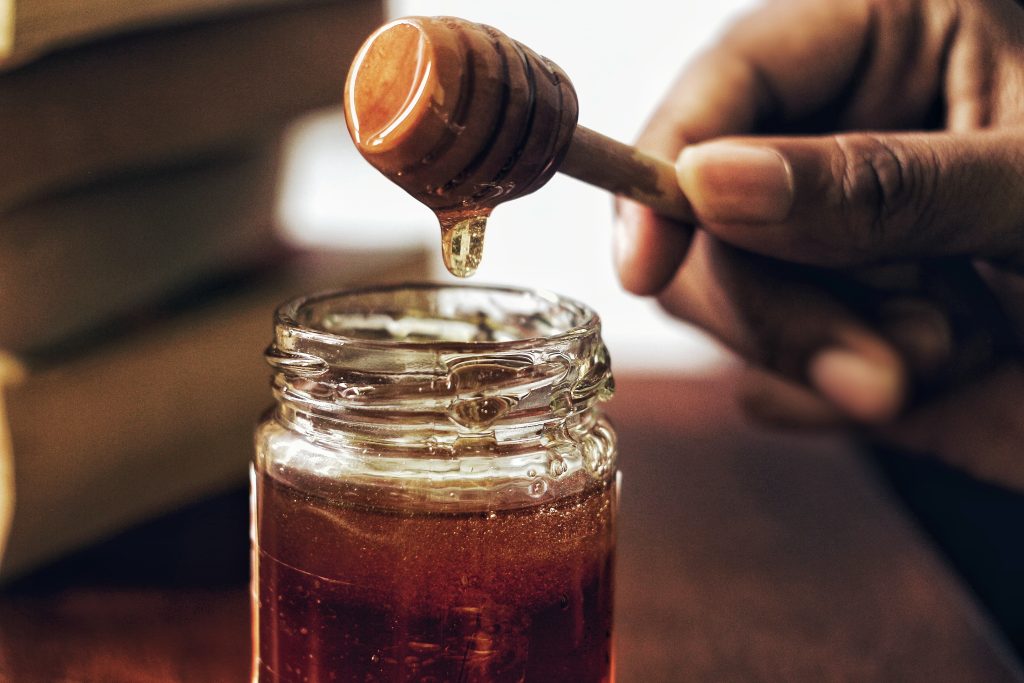Menstruation is a very important activity in a woman’s body. Menstruation or period is defined as a normal vaginal bleeding that occurs monthly in a woman. While most women hate periods in its entirety, periods are important in a woman’s life as it prepares the body each month for a possible pregnancy.
Girls begin to menstruate between ages 11 and 14, then last generally between 3 to 7 days – depending. Menstruation involves:
- Free flow of menstrual blood which is partly tissue from which is partly blood and partly tissue from the utrus/womb through the vagina.
Aside this menstruation also comes with:
- Lower back pain
- Bloating and sore breasts
- Abnormal or pelvic cramping pain.
- Mood swings and irritability
- Headache
- Fatigue
- Food cravings
Menstruation requires utmost care and caution. During this period ensuring proper hygiene is fundamental for women and adolescent girls between menarche and menopause.
So, why is Menstrual Hygiene Important?
When hygiene practices are not followed, chances of getting Urogenital tract infection increases.
Menstrual Hygiene Practices
1. Change your sanitary pads at least every 4 – 6 hours
Long use of sanitary pads serves as a breeding ground for varying organisms which rapidly multiply – causing irritation, rash and can lead to urinary tract infections.
2. Clean your vagina from vagina to anus not vice versa
Cleaning your vagina is extremely important. Not doing this properly would cause growth of microorganism after your sanitary pads have long been removed. Most people clean themselves from anus to the vagina – this is totally wrong. To prevent easy transmission of bacteria from the anus into the vagina then wash from vagina to anus.
3. Avoid soaps or vagina hygiene products
The vagina is self – cleansing, using soaps and vaginal hygiene products especially during menstruation messes up the vaginal pH, creating a breeding ground for bacterial growth and infections.
4. Properly dispose sanitary pads
To properly dispose your sanitary pads:
- Wrap properly
- Avoid flushing as this may block the toilet – instead dispose in trash
- Wash your hands after disposing
5. Stick to one method of sanitary
Using both sanitary pads and tampons simultaneously during heavy flow has more disadvantages that advantages. Although, this combo may keep you dry and prevent stain through out the day -it can cause infections too.
Not changing frequently when you have to causes blood to accumulate – a good breeding environment for rapid growth of bacteria.
- Why Ginger Should Be a Staple in Your Wellness Routine

- 14 Surprising Facts About Menopause You Didn’t Know

- What Are Hip Dips, and How To You Know If You Have Them?

- Why Everyone Is Obsessed With Aloe Vera Juice

- Every Detail About Kim Kardashian’s $2,500 Health Scan

- Is Honey an Effective Remedy for a Sore Throat?


